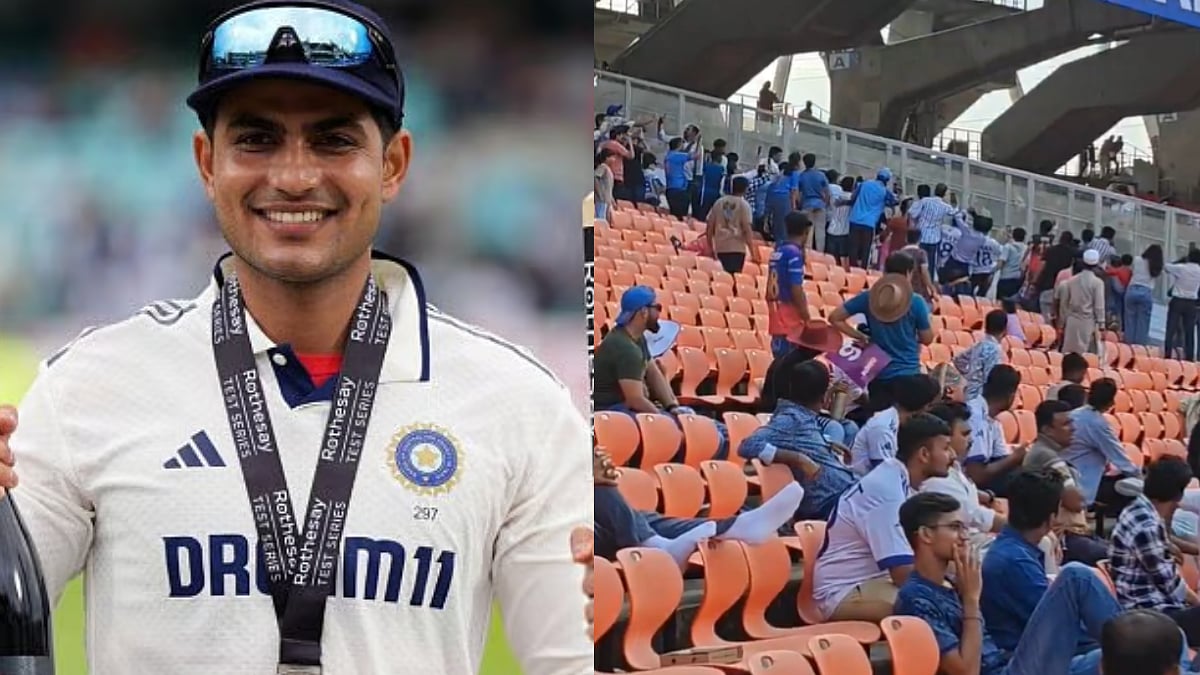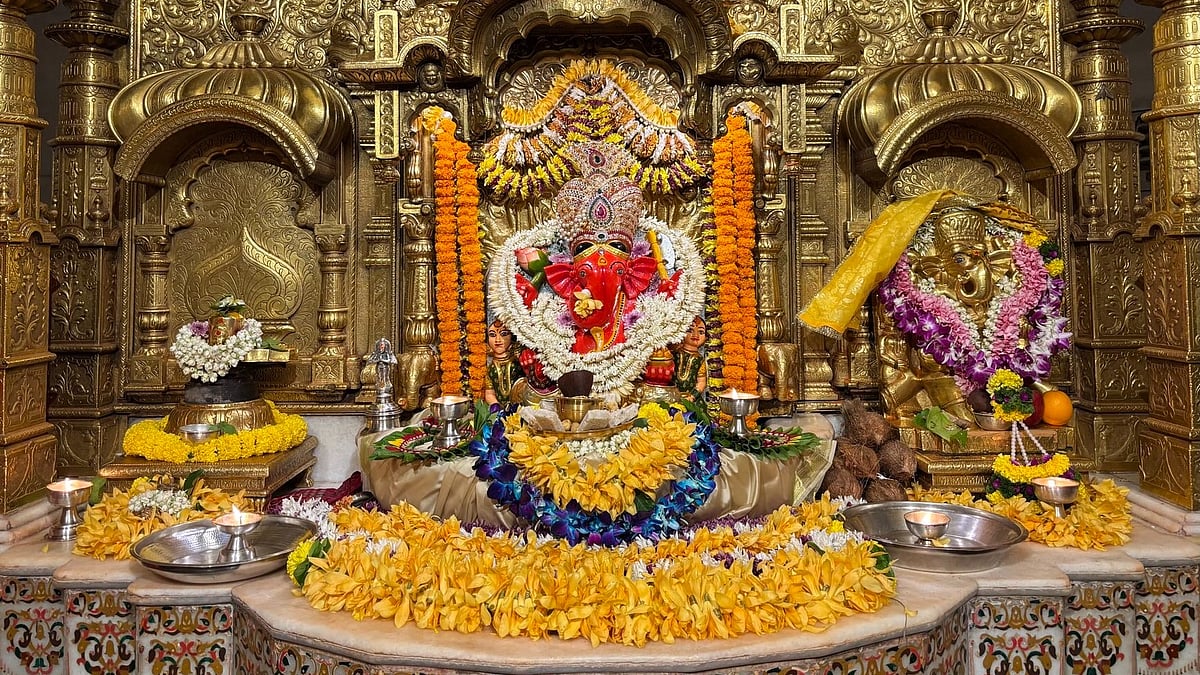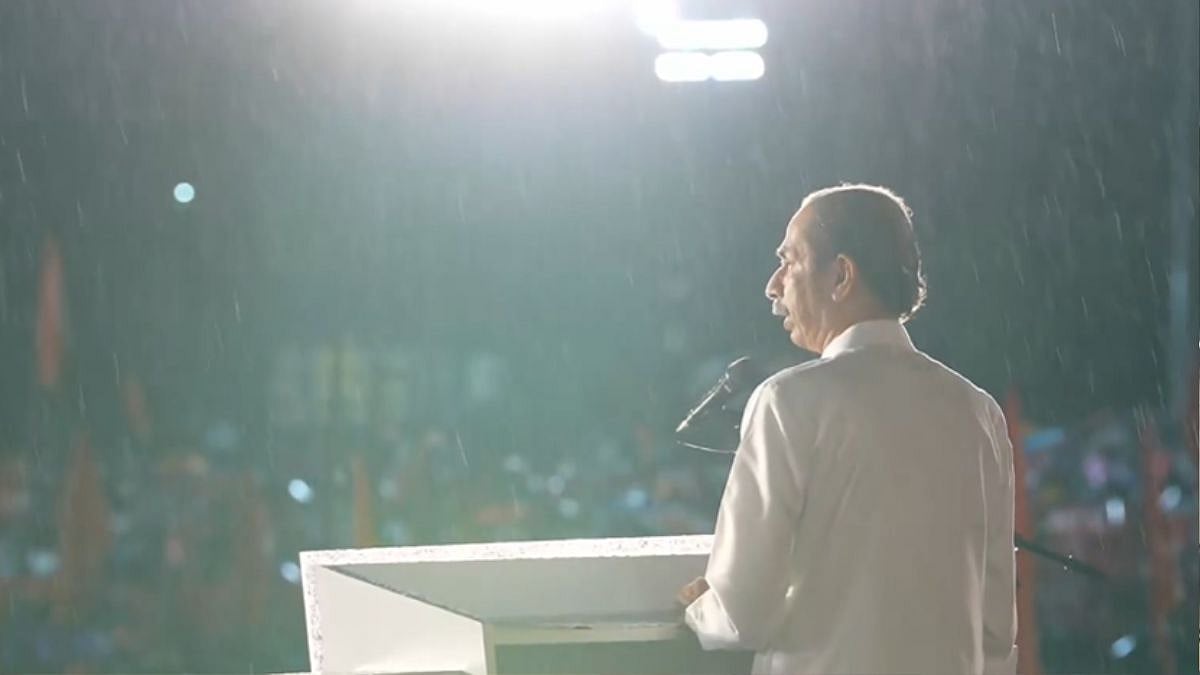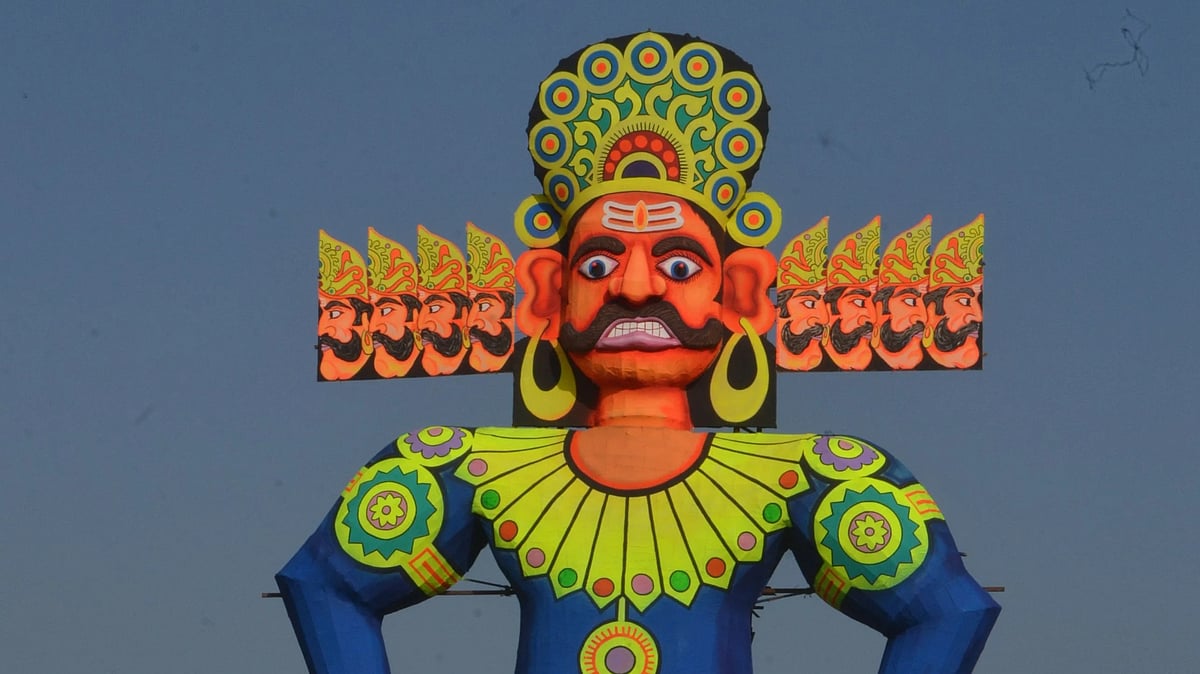Meet Rahul, a journalist with experience of working for the Indian and foreign media, who now runs Medianet, a small print-TV-radio setup. During his quest in Delhi’s market for rented housing, easygoing Rahul was a welcome prospective tenant for many landlords, particularly in the well-appointed colonies of South Delhi.
Welcome, that is, until he returned with a contract on the agreed terms, which revealed his surname, Jalali. On seeing it, most landlords would freeze and invent excuses about why the flat in question couldn’t be rented to him: it was already promised to someone else; they are vegetarians; although they don’t live next door, the idea of a meat-eating tenant doesn’t appeal to them; so on and so forth…
It made no difference that Jalali is a proper Kashmiri Brahmin surname, a title probably derived from a past ruling clan—and an expression of the syncretic culture of the Kashmir Valley, just as not-so-uncommon Muslim surnames like Pandit still are.
Such anti-Muslim prejudice was recently revealed twice, and even more blatantly, in Mumbai. First, Zeeshan Ali Khan, a 22-year-old management graduate, was refused a marketing job with a big diamond-polishing firm on the ground “that we hire only non-Muslim candidates”. And second, Misbah Quadri, a 25-year-old communications professional, was evicted from a flat she had rented in Wadala only because she’s a Muslim.
hen the email reply to Zeeshan went viral, the company, Hari Krishna Exports (HKE), hastily disowned the human-resource manager who wrote it, claiming she was “new” and unfamiliar with company policy.
Although HKE’s story stretches credulity, it’s clear that the HR manager had probably internalised some deep-seated notions prevalent in many sections of this society under the sway of Hindutva over the past quarter-century: stereotypes about who is educated and what kinds of jobs go to whom. In her three months of training at HKE, she says, she hadn’t come across any Muslim recruits.
Zeeshan’s case is one of those rare instances where virulent prejudices get expressed so openly. It’s even rarer that the police book a company under Section 153-B of the Indian Penal Code, which deals with hurting religious sentiments or denying persons their rights because of their religion. More remarkably, two of Zeeshan’s classmates, both Hindu, decided not to take up a job with HKE.
Misbah was told by the apartment builder’s representative that it was company “policy” not to have Muslim tenants. She then tried to live with two other Hindu women in the same flat as a “guest”. All three were thrown out. This is obviously a fit case for bringing serious charges against and arresting the builder. But it’s not yet clear if and how the police will proceed against him.
Past experience in such cases isn’t particularly inspiring. In October 2013, another revolting instance of religion-based discrimination came to light. Real estate portal “99 acres” carried an advertisement by a broker named Vishal D’Souza for the sale of a flat in Dadar: “Excellent brand new 2BHK fully furnished flat with cross ventilation, natural light. Cosmopolitan society, no Muslims, with car parking on immediate sale, fifth floor interested please call…”
This caused an uproar. In response, the wording of the notice was modified. The portal apologised but maintained that it couldn’t scrutinise all the 400,000 listings it carries. It promised to introduce checks and balances. But there was no criminal or civil prosecution.
The wide prevalence of exclusion of Muslims from cooperative housing societies in Indian cities, and impunity from prosecution for doing so, has produced perversities: even Muslim property brokers recommend flats to prospective Hindu clients in “good” buildings where there are “nice” people and “no Muslims”. I personally know of one such instance in Mumbai.
Gujarat—Hindutva’s laboratory, it still bears recalling—has predictably carried religion-based discrimination to further, terrible extremes. Muslims have fled or been evicted from Ahmedabad’s inner-city areas affected by the communal butchery of 2002, and moved into Juhapura, a faraway western suburb. Juhapura’s population has doubled to 4 lakhs, but it has abysmally poor municipal facilities and bus services. It has become a ghastly ghetto.
The segregation process is being carried right into primary schools in Ahmedabad. Of the 456 schools run by the Ahmedabad Municipal Corporation, only two are English-medium schools: Shahpur Public School and Dani Limda Public School. At Shahpur, where most students are Hindus, the uniform is saffron-coloured. At Dani Limda, where students are predominantly Muslim, the uniform is green-coloured.
Segregation and sordid forms of ghettoisation of Muslims are now common in virtually every Indian city, as documented disturbingly in a 2012 book edited by Christopher Jaffrelot and Laurent Gayer entitled ‘Muslims in Indian Cities: Trajectories of Marginalisation’. Many other studies, including the Sachar committee report, also show that these ghettoes are starved of schools, milk booths, government dispensaries, banks, municipal amenities and civic infrastructure. Chemists, pizza-delivery boys and grocers won’t deliver there.
Segregation excludes Muslims from civic life, and effectively, from citizenship altogether. This is as unacceptable and egregious as segregation in the American South until the 1960s, which disenfranchised and discriminated against Blacks in countless ways. Segregation meant that White children saw Black children as inferior and half-slaves. They grew up loathing Blacks, not understanding them as human beings.
Dr Martin Luther King and the civil liberties movement had to wage a prolonged and bitter struggle to achieve de-segregation. Coercive means had to be used to compel the White mayors of Southern cities to have common schools and common buses for all children. Many kinds of anti-discrimination laws had to be enacted and enforced to achieve a modicum of equality of rights.
India too needs a similar struggle, itself part of a social reform movement and fight for civil and political rights, to stop and reverse growing segregation, which breeds all kinds of false stereotypes and negative perceptions of Muslims and tarnishes them with the taint of “terrorism”.
Fortunately, we have some excellent observations and recommendations pertaining to these issues in the Sachar report (2006) and its follow-up committee under Amitabh Kundu. The Kundu report was submitted last September to the government, which has still not made it public. But parts of it are available. They contain many thoughtful suggestions.
For instance, the Kundu committee builds on the Sachar idea of a “diversity index”, which measures the representation in institutions of groups of diverse social, gender, religious, caste, ethnic and linguistic orientation, and covers education, employment, housing, healthcare and access to development schemes. Public and private institutions with higher diversity are to be given larger grants, incentives and preferential treatment through corporate social responsibility funds.
Equally important is the enactment of a comprehensive anti-discrimination legislation to prohibit and punish discrimination based on disability, sex, caste, religion and other criteria, in state and non-state spheres. The law must “provide a statutory definition of discrimination”, specify “a legal threshold” for recognising its manifestations, and provide “legally mandated civil remedies.”
India has only two laws that punish discrimination: against disabled people, and against abuse of Dalits, namely, the SC-ST (Prevention of Atrocities) Act. Their logic must be extended to other categories including religious, ethnic-social and sexual-minority groups. India is one of the world’s few democracies with immense diversity, difference and inequalities, but one that doesn’t have a proper anti-discrimination law or equal opportunities commission. This void must be quickly filled.
Reservations for SC-STs and OBCs are only one of several tools to address widespread, systemic discrimination. A diversity index and anti-discrimination legislation together “can help build a more equitable society and a deeper and more widespread notion of equality” that goes beyond “group-specific quotas and accompanying quota politics”.
However, this won’t happen under the deeply communal Modi government without a special effort. The government’s minority affairs ministry is headed by Najma Heptullah who started her innings by saying that Indian Muslims are too numerous to be called “a minority”. Her deputy Mukhtar AbbasNaqvi doesn’t understand the difference between killing cows and bulls/buffaloes, and recently said that those who want to eat beef should go to Pakistan.
A special initiative must be launched by civil liberties groups, and conscientious citizens cutting across religion, to file criminal complaints against companies like HKE and the Wadala builder. They should also petition the Supreme Court to seek clarification that the spirit of the Constitution’s anti-discrimination and equal-treatment-of-citizens articles applies to non-state institutions too. That will help prepare the ground for the legislation India sorely needs.
(IPA Service)
Praful Bidwai










